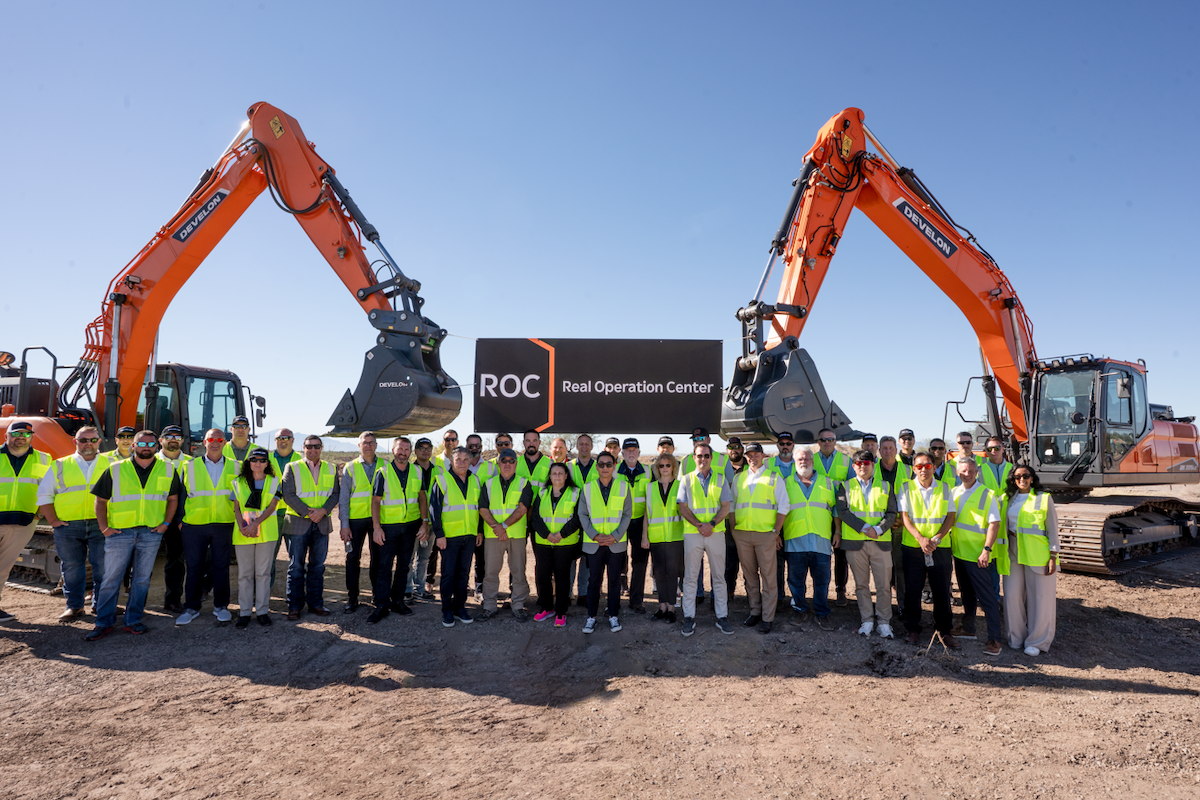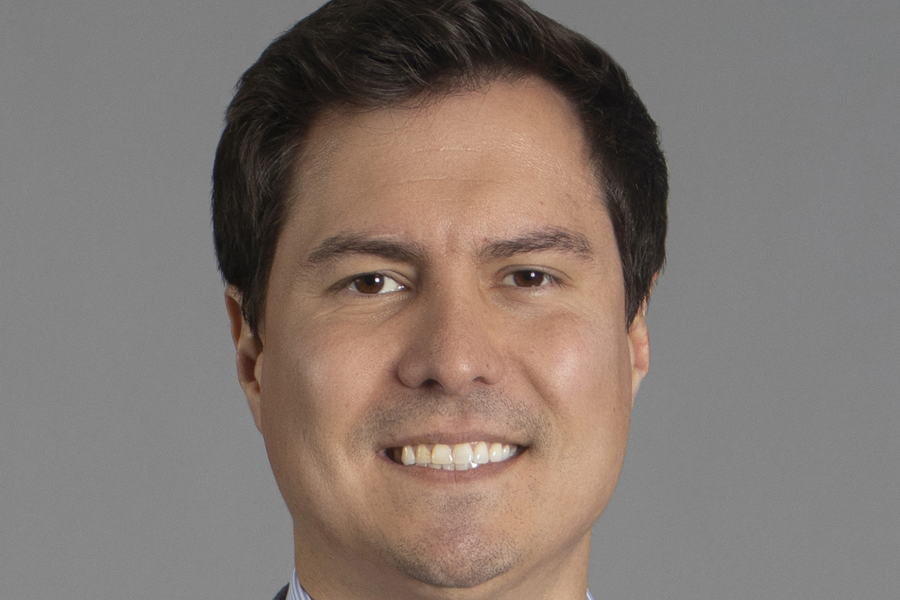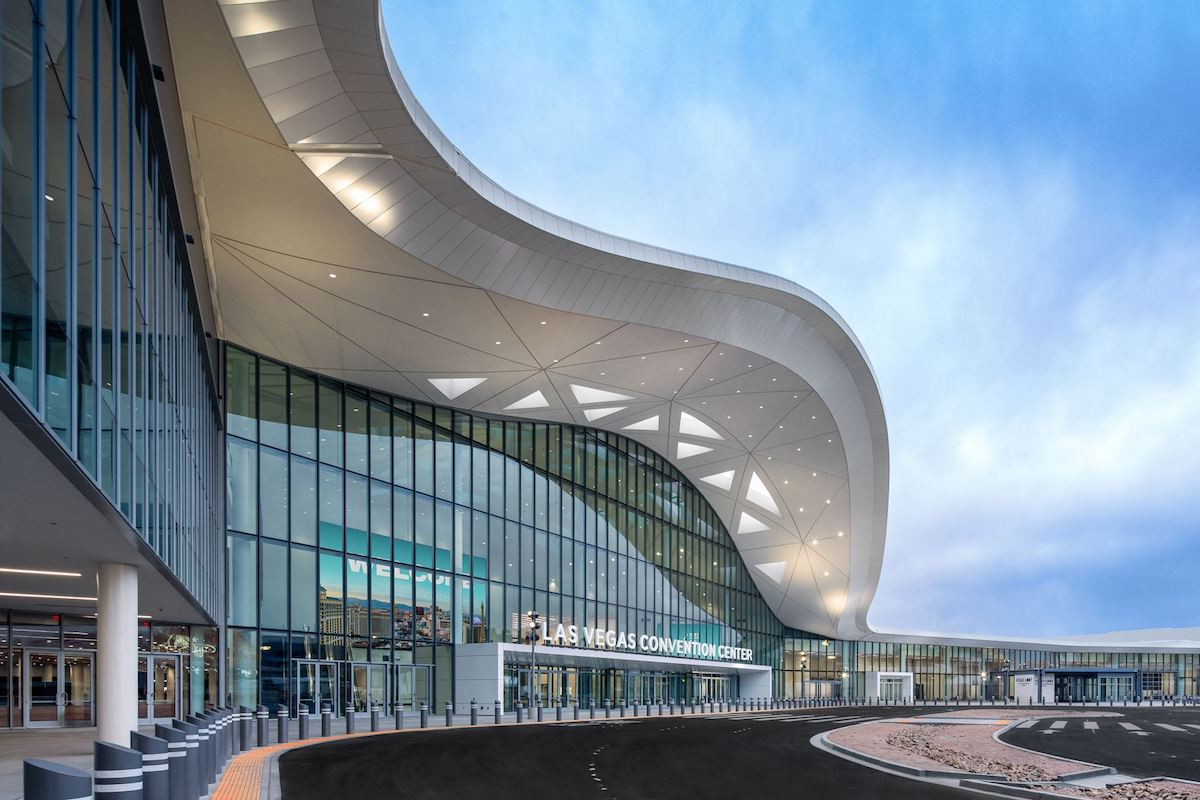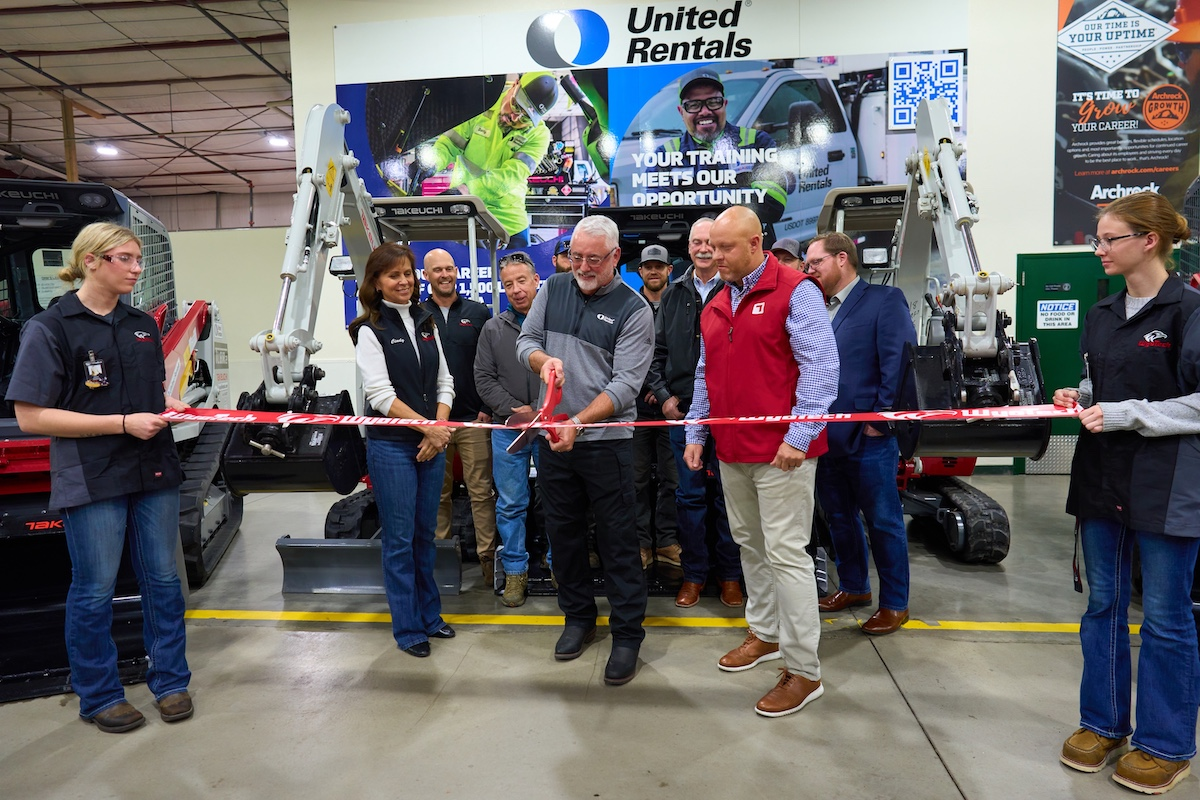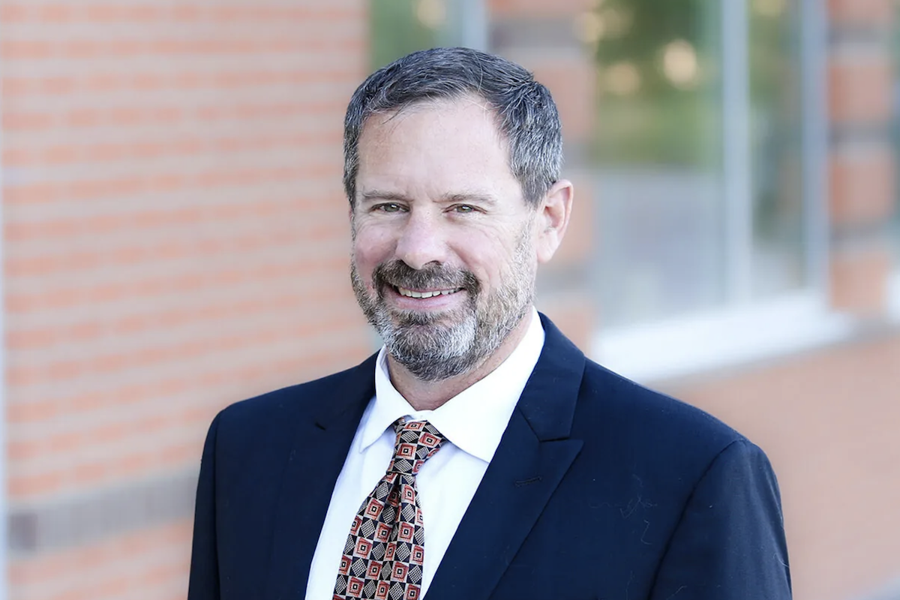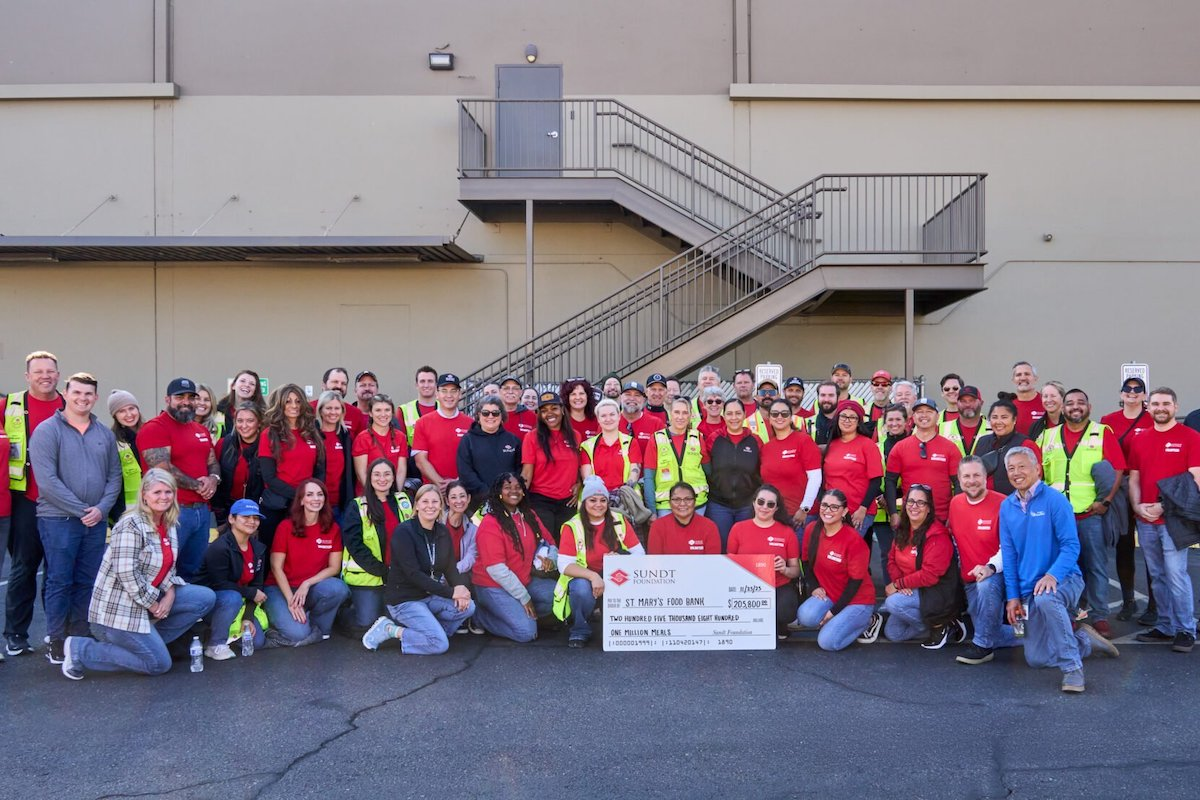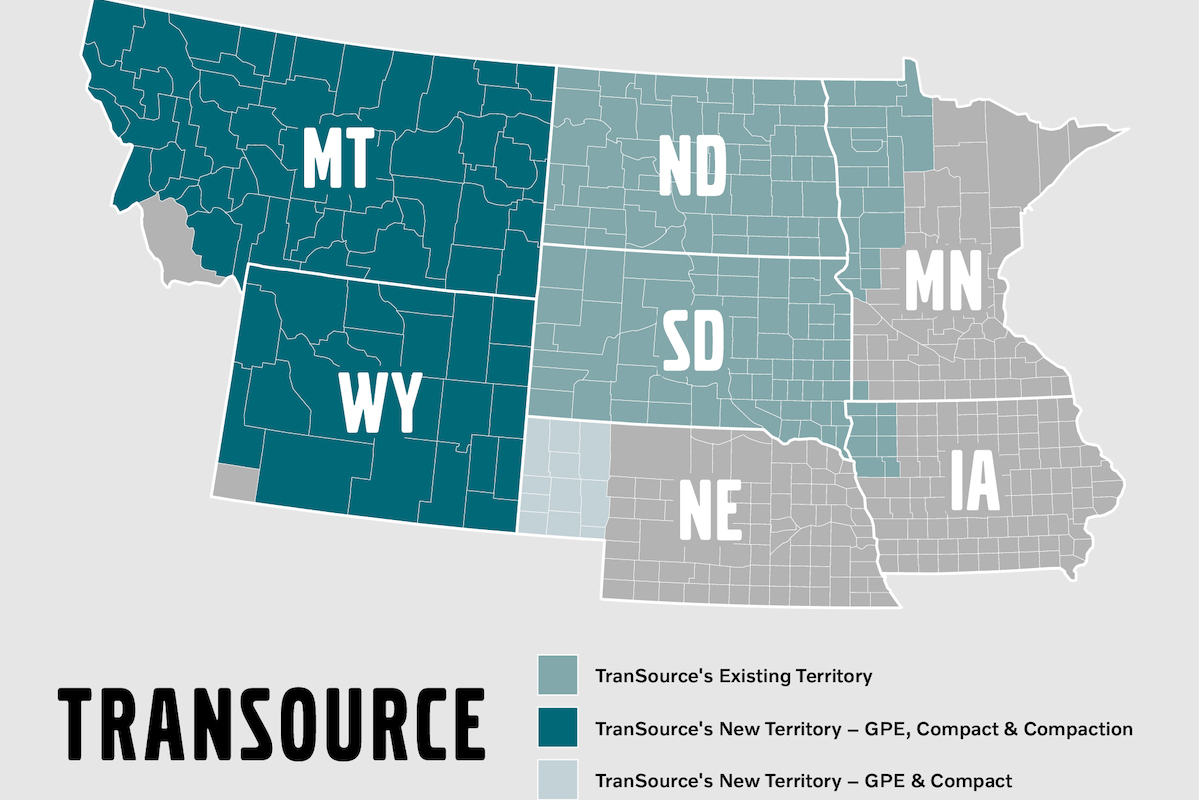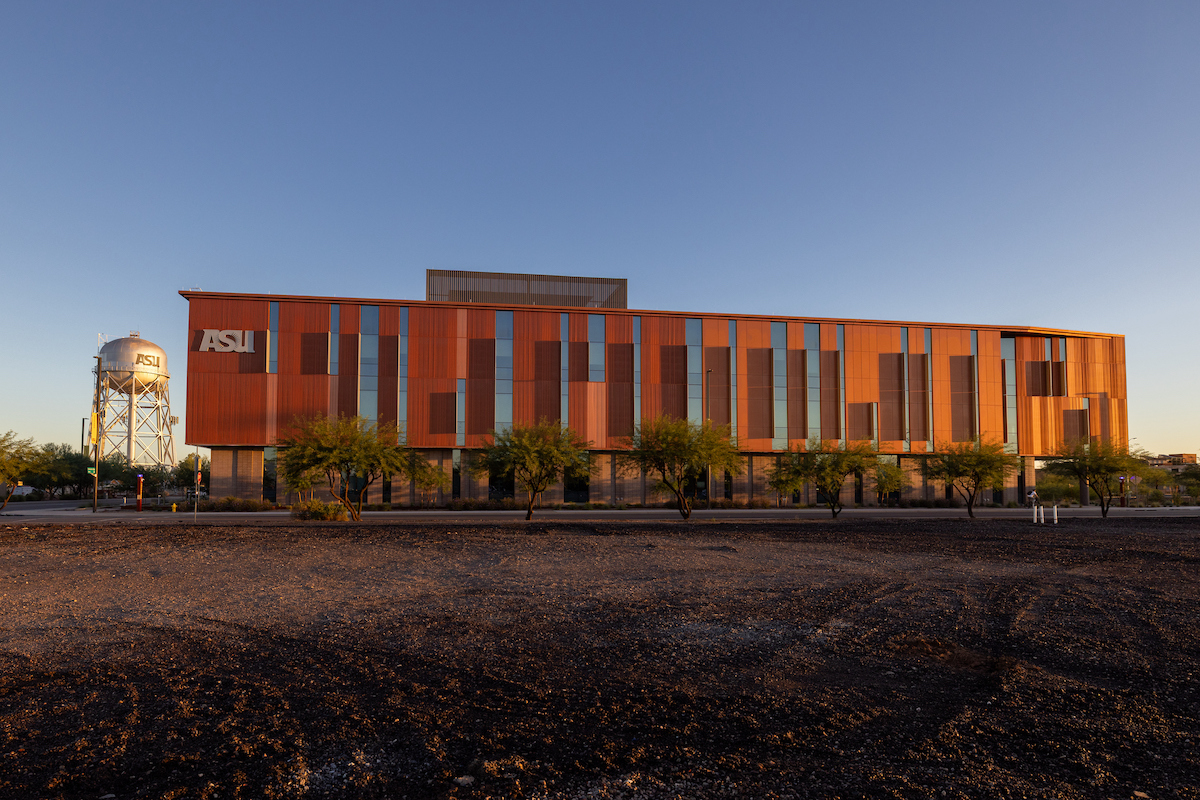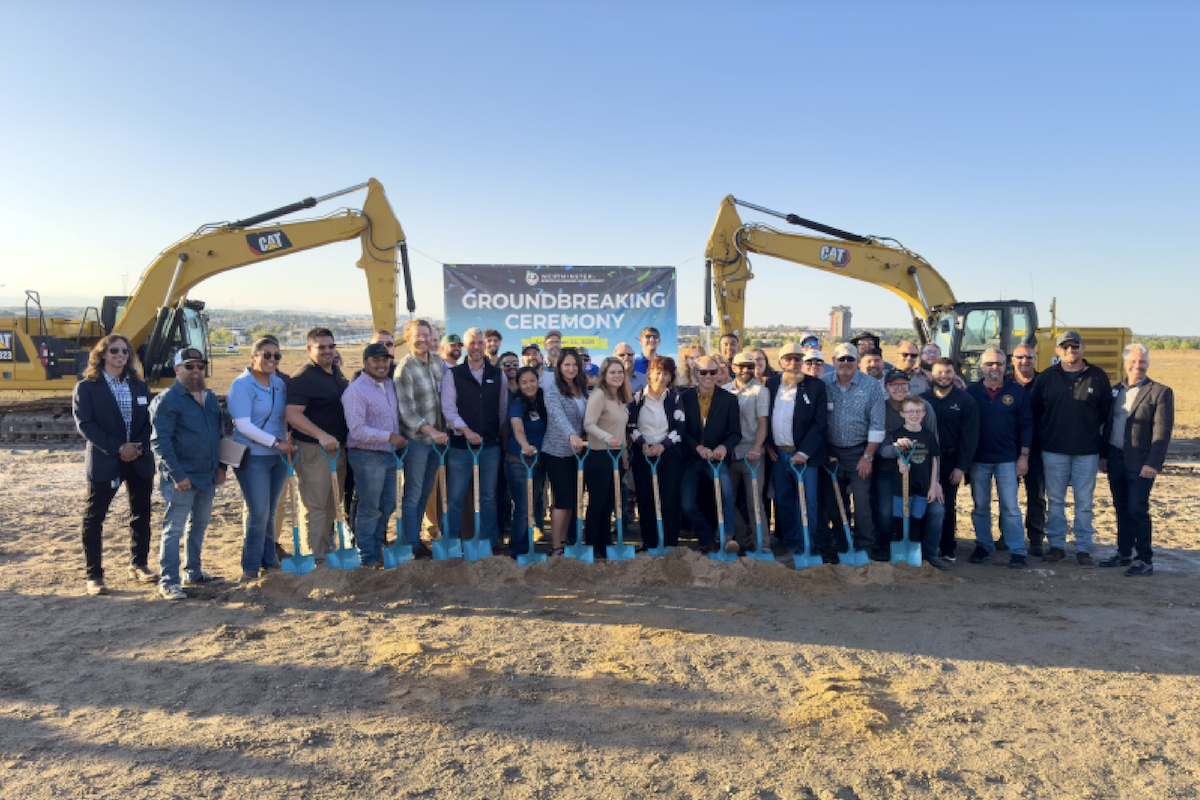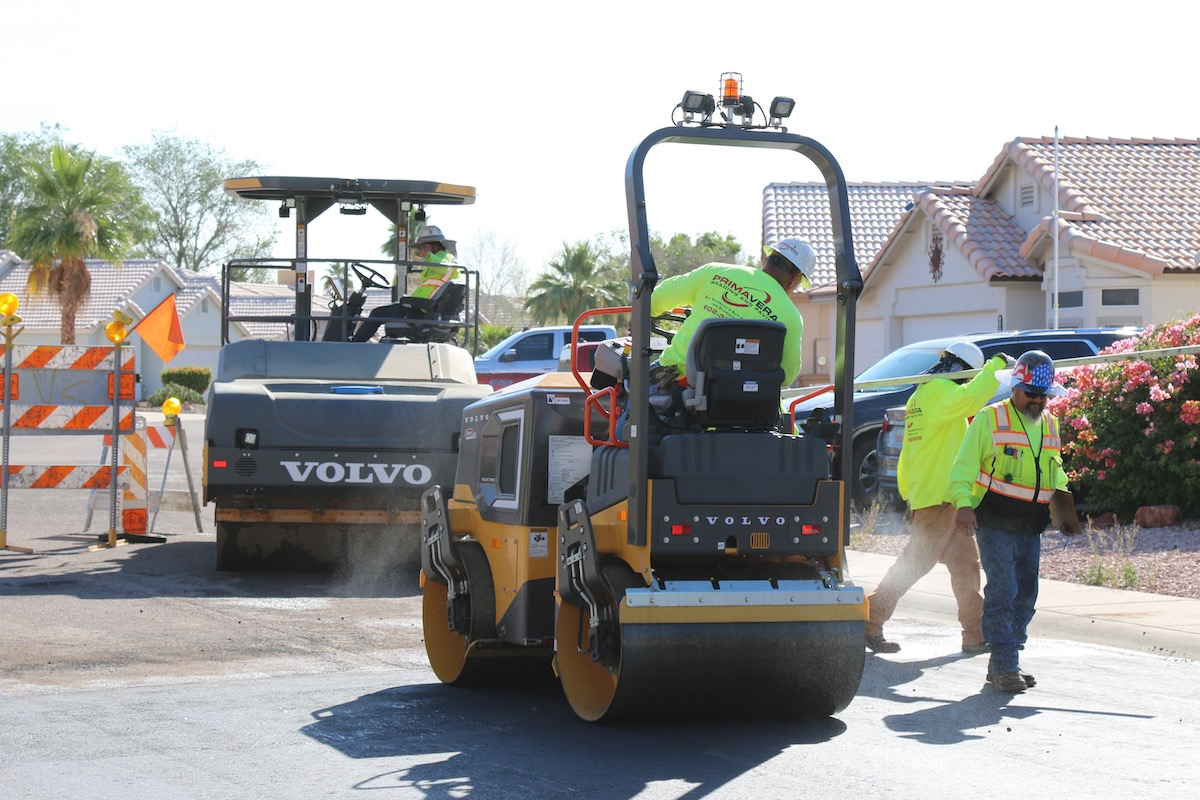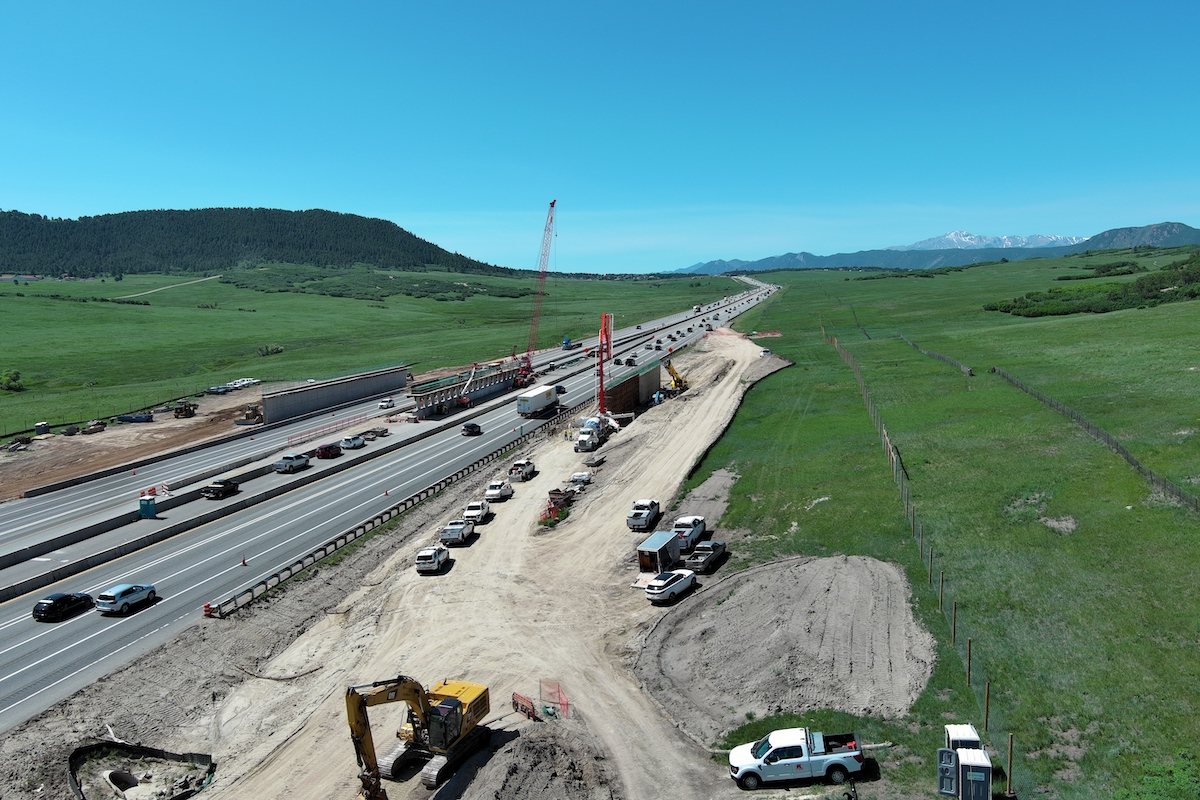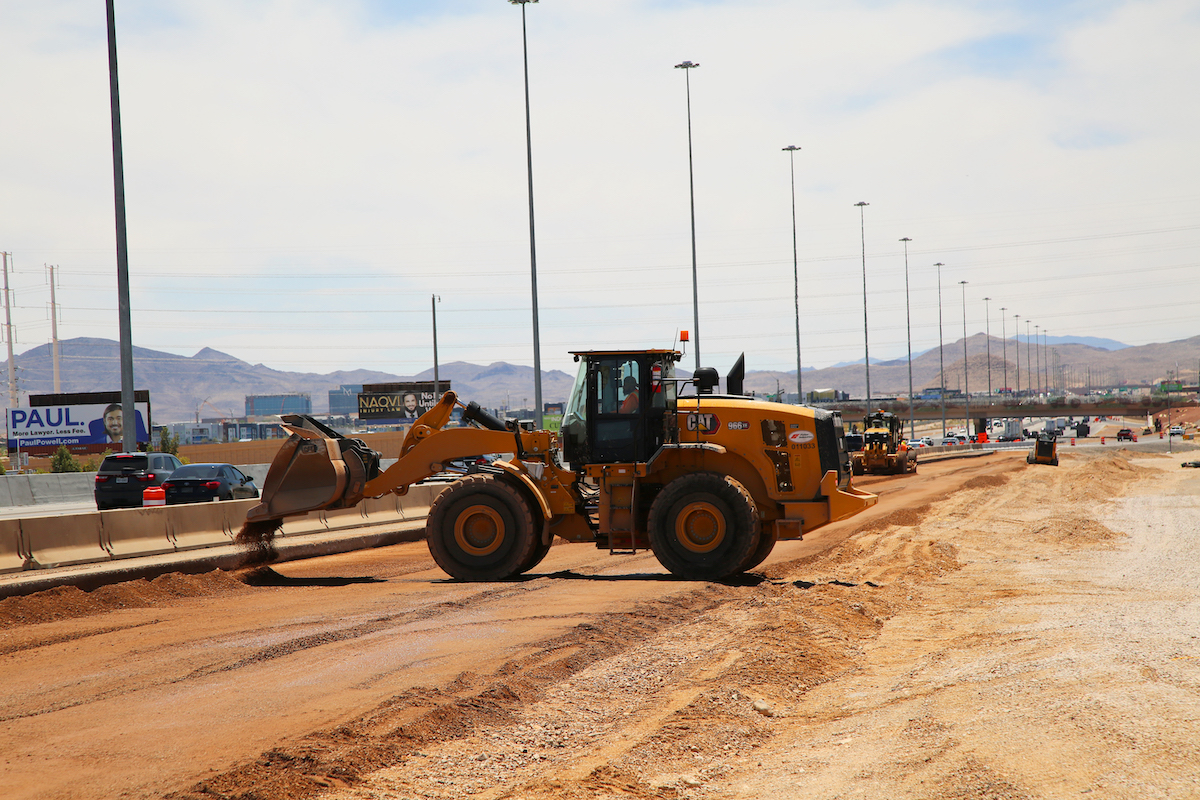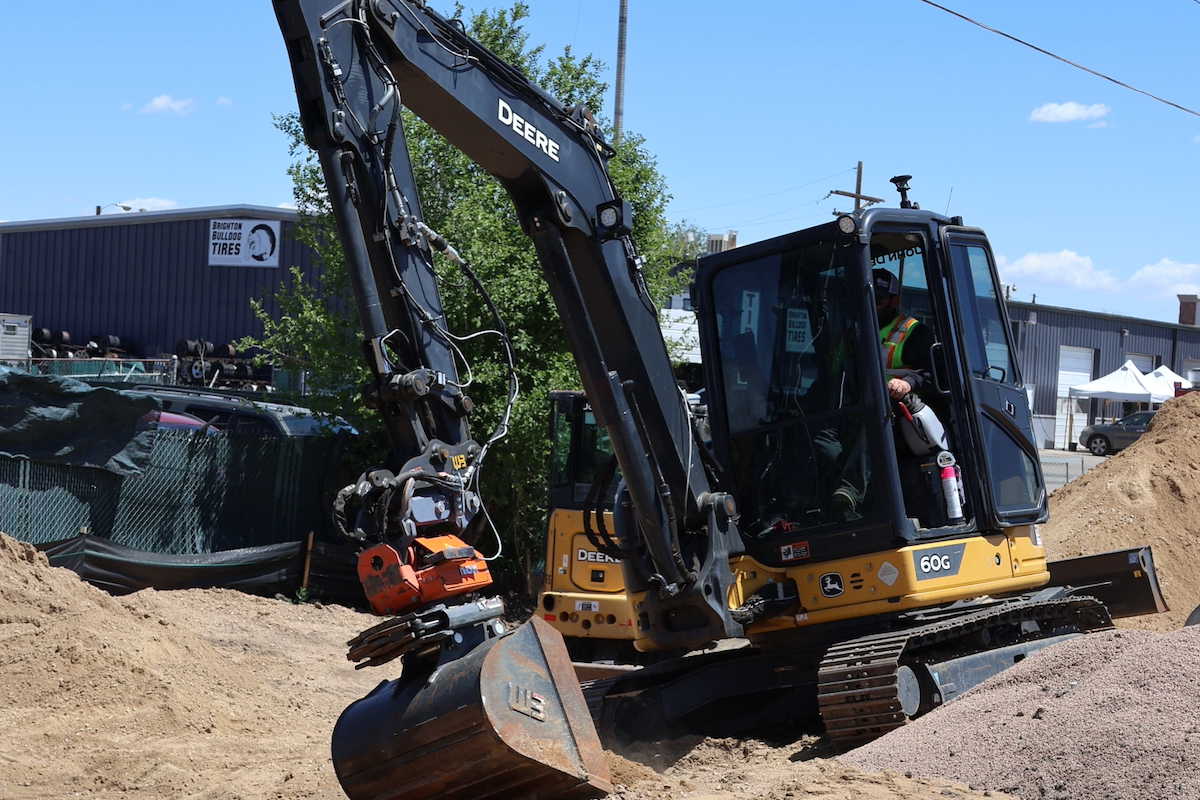Driving this ability is the construction industry’s stoic, tough-guy reputation. Workers are builders and problem-solvers, employing a get-it-done-at-all-cost mentality to finish a project within a tight time frame.
Like so many others, the industry’s tough and rugged reputation is partially what attracted Michelle Walker, Vice President of Finance for SSC Underground – located in Phoenix, Arizona – to work in construction. In fact, you could say she was destined to be a lifer in the industry. She was born into a contracting family and grew up in a Canadian blue-collar oil town, so construction is in her blood.
As she learned during her high school years, however, those same traits that are positive and necessary for the construction industry can also have a negative, deadly consequence. “When I was in high school, my dad’s best friend died by suicide,” Walker recalls.
Those emotions and feelings surrounding the tragedy linger today, still vivid in her mind. Everyone in town knew what had happened; yet no one could bring themselves to talk about the way he died. “I saw how it made it difficult for my dad to grieve,” she adds.

| Your local Bobcat dealer |
|---|
| Ditch Witch West |
| Faris Machinery |
The speaker presented anecdotal evidence detailing the prevalence of suicide in the construction industry. He explained how mental health issues pose an elevated safety risk for both the individual and coworkers. “Mental health is disruptive in people’s personal lives,” says Walker, “but it also carries over into the workplace affecting productivity, attendance, and elevates the accident potential.” In short, it’s not only a worker issue, but also a company issue, and the company should do their part in connecting the worker to resources that help.
Walker and several other CFMA colleagues set out to bring awareness and change the narrative about suicide in the construction industry. In 2016, they formed the Construction Industry Alliance for Suicide Prevention (CIASP), in which Walker currently resides as Immediate Past Chairman of the Board. Their initial research into suicide risk factors and overlaying them with construction worker traits, showed a silent killer affecting the industry.
As CIASP’s efforts were being organized, a published Centers for Disease Control and Prevention (CDC) study ranked the construction industry as having the highest rate of suicide and number of suicides across all occupational groups. This gave CIASP the statistical proof necessary to support the anecdotal evidence they uncovered. “I wasn’t surprised of the CDC study’s results, but I was still dismayed and shocked by the validation,” Walker offers.
CIASP’s reported statistics show suicide as the tenth leading cause of death overall in the United States and the fourth leading cause of death in those aged 35 to 54. The suicide rate in construction-related occupations is 49.4 per 100,000 people, nearly four times greater than the national average and five times than that of all other construction fatalities combined.
Suicide doesn’t discriminate. It affects all construction workforce levels, from laborers to management.

| Your local Gomaco dealer |
|---|
| Faris Machinery |
One reason for this is the industry’s make-up. “In the construction industry, we are talking about male dominated positions, if you look at the employee breakdown,” says Dr. John Pompe, Global Manager of Employee Assistance Program (EAP) and Employee Health Programs for Caterpillar Inc. “Men are not immune from mental health conditions, but they’re less likely to seek help and less likely to vocalize the struggles that they’re having. They are also more at risk for high-risk behaviors and suicide.”
Other factors boosting the suicide numbers in construction include the industry being a good fit for many veterans, who experience more than 20 suicides per day, a higher rate than the general population. Many construction workers frequently move from site to site, creating long and irregular work hours, a disconnect with family members, and an environment for sleep deprivation and mental and physical exhaustion. The industry’s seasonality and layoffs during economic downturns also add to the stress of working construction.
Many construction workers often do not seek treatment because they are fearful it will negatively impact employment. “We need to equate mental health with physical health,” Walker says. “I envision an industry where a worker will feel just as safe saying, ‘I’m having trouble,’ as does a worker in Arizona in getting a spot on the arm checked for skin cancer.”
Walker and CIASP work directly with industry stakeholders – associations, contractors, unions and industry partners – to lay out the facts of how deeply mental health issues affect the industry. It’s not only through loss time at work or lost productivity, it increases the potential for accidents at the project site.
She recalls a story of an independent contractor working for a heavy highway contractor delivering asphalt to a project site after receiving a call about the death of his parent. The driver had already worked many hours upon receiving the news but decided to finish the shift. “The long shift, lack of sleep and life trauma reduced his capacity to focus on the task at hand, and he subsequently went through a stop sign and hit another vehicle,” says Walker.

| Your local Trimble Construction Division dealer |
|---|
| SITECH Southwest |
| SITECH Northwest |
| SITECH Rocky Mountain |
CIASP’s message is that now is the time for the industry to STAND up for suicide prevention and address it as the health and safety priority it is. They ask stakeholders in the construction industry to:
- Create Safe cultures
- Provide Training to identify and help those at risk
- Raise Awareness about the suicide crisis in construction
- Normalize conversations around suicide and mental health
- Ultimately Decrease the risks associated with suicide in construction
The Alliance recommends changing the way we speak about mental health issues. Saying that someone “committed suicide” or “are depressed or anxious” offer a guilty judgement and label someone as the condition they may be experiencing. Rather, Walker says a more positive way to address it “is saying a person is experiencing depression, living with anxiety, or died by suicide.”
Walker practices CIASP’s messages at SSC Underground, using every possible opportunity to address mental health issues and provide a mental health check for workers. Every time the company interfaces with employees at meetings, the topics of mental health and suicide prevention are addressed. At the company’s annual health benefits enrollment, behavioral health options are explained as well as physical health.
“Because the construction industry is safety conscious and already has vehicles in place where leaders can discuss mental health and suicide, it has helped to expand the engagement and awareness,” Walker says. Toolbox talks, she continues, are a perfect opportunity to address both safety and mental health. “Our collaboration with Caterpillar to conduct a joint webinar on mental health issues at the jobsite also goes a long way in getting our message out to the industry.”
Walker advises mental health and suicide are not a one-and-done discussion. The talks should take place daily, weekly, and monthly. She admits that it may feel weird at first, but the more companies and workers talk about mental health and suicide, the easier it gets.

| Your local Volvo Construction Equipment dealer |
|---|
| Faris Machinery |
It’s the company’s job to recognize and connect, not fix. The recognition can come at all levels of the company, laborer, office and manager alike. The connection comes from the many helpful resources found at CIASP’s website and with other organizations focused on healing those who are experiencing mental health challenges.
The satisfaction for Walker is experiencing the impact adopting these practices has on SSC Underground employees’ lives. She recounts a long-time employee who suddenly displayed inappropriate behavior and called in sick a lot. Rather than terminating the worker, he was given a second chance and help to find a counselor. After six weeks, he completed counseling and remains an employee to this day, thankful for what he learned and the improvement he made through counseling.














